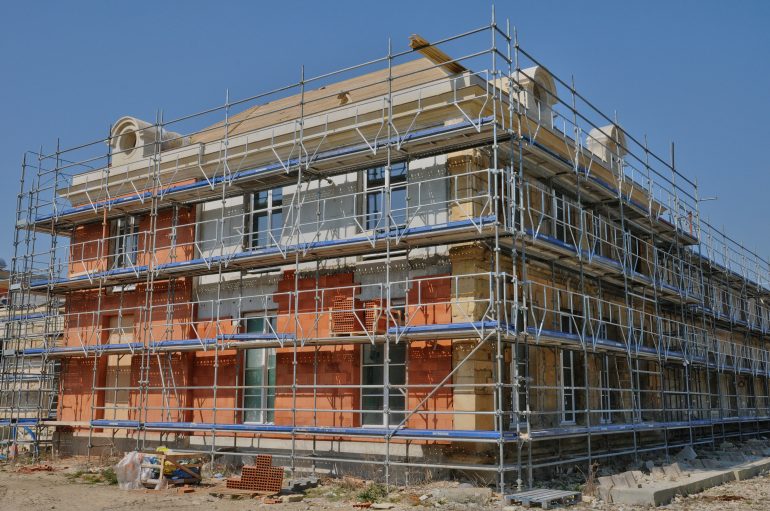A coalition of 34 organizations in the Dutch housing and construction industry has put forward an Action Agenda for the building of one million homes within ten years to tackle the housing shortage.
The Netherlands’ alarming housing shortage can be attributed to a number of factors, including a shortage of construction workers, increasing population, tourism and immigration. In an effort to remedy this shortage and meet the growing housing demand, a coalition of developers, construction companies, investors, home owners and lobby groups – a total of 34 organizations – has come up with a plan to build one million new homes in the Netherlands over the course of the next ten years. The Action Agenda was formulated in collaboration with municipalities and provinces across the country to address the dire shortage of more than 330,000 houses.
Eric van der Burg, Alderman in charge of Urban Development in Amsterdam, underscores this positive step forward with public assurances regarding the housing crisis: “In the past it used to be every man for himself, but now we are looking at how we can spread the burden of housing development between all the stakeholders in Holland Metropole.” Alderman for Housing in Amsterdam Laurens Ivens also sees the Action Agenda presented by the coalition as a “helping hand for the next Minister of Housing” in the new cabinet, and hopes that the new Minister will “ensure that sufficient money is made available to implement the plan”.
The construction of one million homes in ten years would mean an increase from the 71,000 homes that are currently being built every year to 100,000 homes built annually. The coalition envisages that the new cabinet’s involvement, including its provision of financial support, improved investment conditions and new policy measures would help steer the long-term project in the right direction. Proposed policy measures are the ending of tax paid by housing corporations, running into of billions of euros annually, which is deemed to limit the money available for new construction. As part of the Action Agenda, the plan for next decade not only involves new construction, but also the transformation of empty offices into homes – a move expected to reduce the housing shortage to below 2 per cent.
The coalition wants the Action Agenda to form the backbone of the next government strategy for housing development. “There are so many people waiting for a home in the Netherlands,” said Martin van Rijn, chairman of the housing company lobby group Aedes. According to him, the participants are “worried about neglected neighbourhoods and people who may need a different type of help from what they are offered.” Van Rijn also considers the current housing problems as urgent, and considers the agenda as a forward-thinking guide as to what can be done in the next decade.
While the coalition’s agenda highlights the need for affordable housing, it also underscores the urgency of reaching its target due to a staggeringly high demand, as a result of increasing immigration and population growth – factors which continue to take a toll on the market.
The increasing demand and short supply of houses are themselves a major contributing factor for the increase in house prices and rents across the Netherlands, typically in heavily-populated cities such as Amsterdam, where each quarter of 2020 saw an increase in house prices from the quarter before. The prices continued to rise in January 2021 by an average of 9.3%, according to national statistics agency CBS. As a result of this, the Action Agenda includes plans to make and keep housing affordable, while limiting the rent price increase.
Lex Brans, Director of Marketing and Housing Development for the Amsterdam Metropolitan Area, affirmed that “affordability of housing is a top priority”. This, according to Brans, is because cities should be comprised of a mix of all types of people, regardless of their income levels.
While it is not yet known how many houses will be built in the various regions of the country, the Action Agenda acknowledges that municipalities will need to play a key role in speeding up housing construction. For example, they will have to allocate sufficient land at affordable prices, while also making time-consuming permit procedures more efficient.
Written by Seringe S.T. Touray
